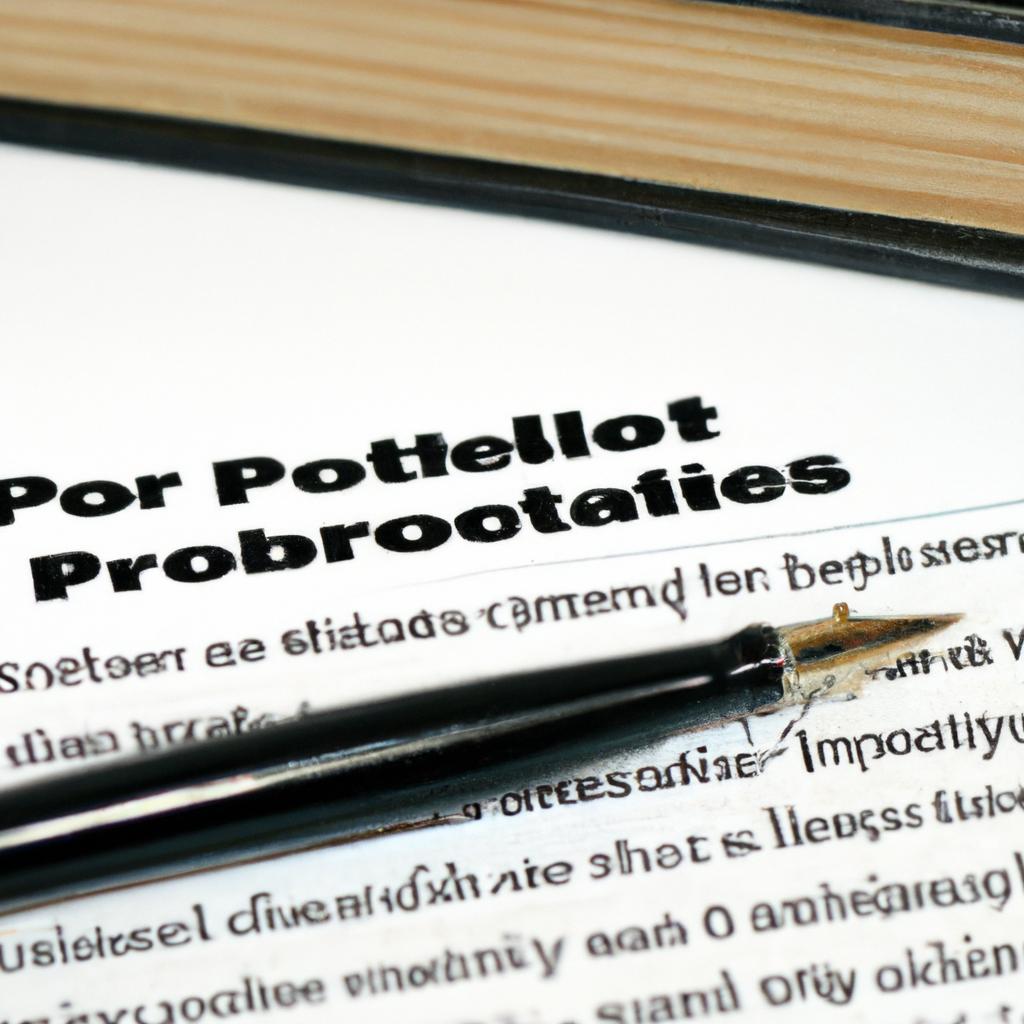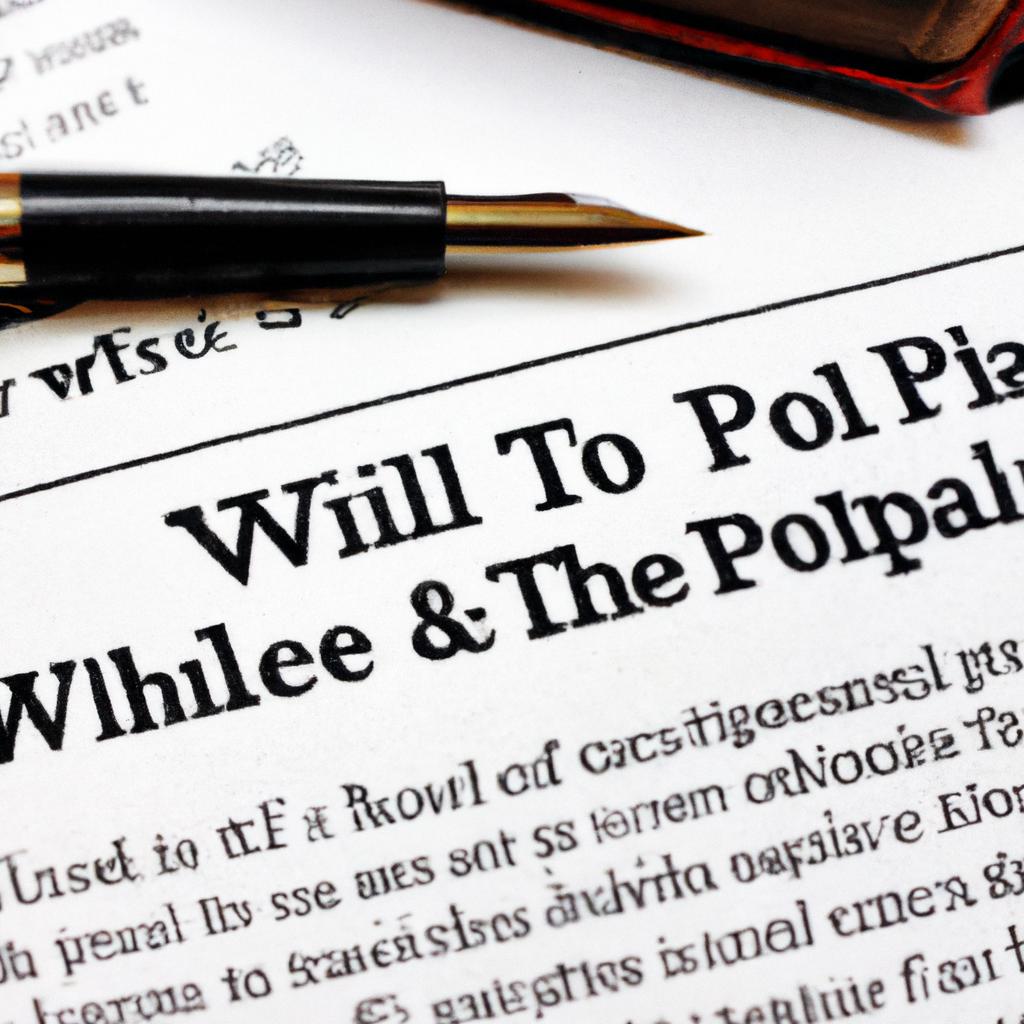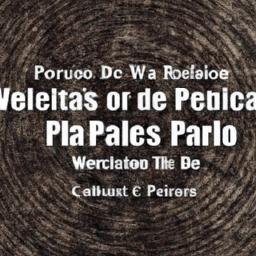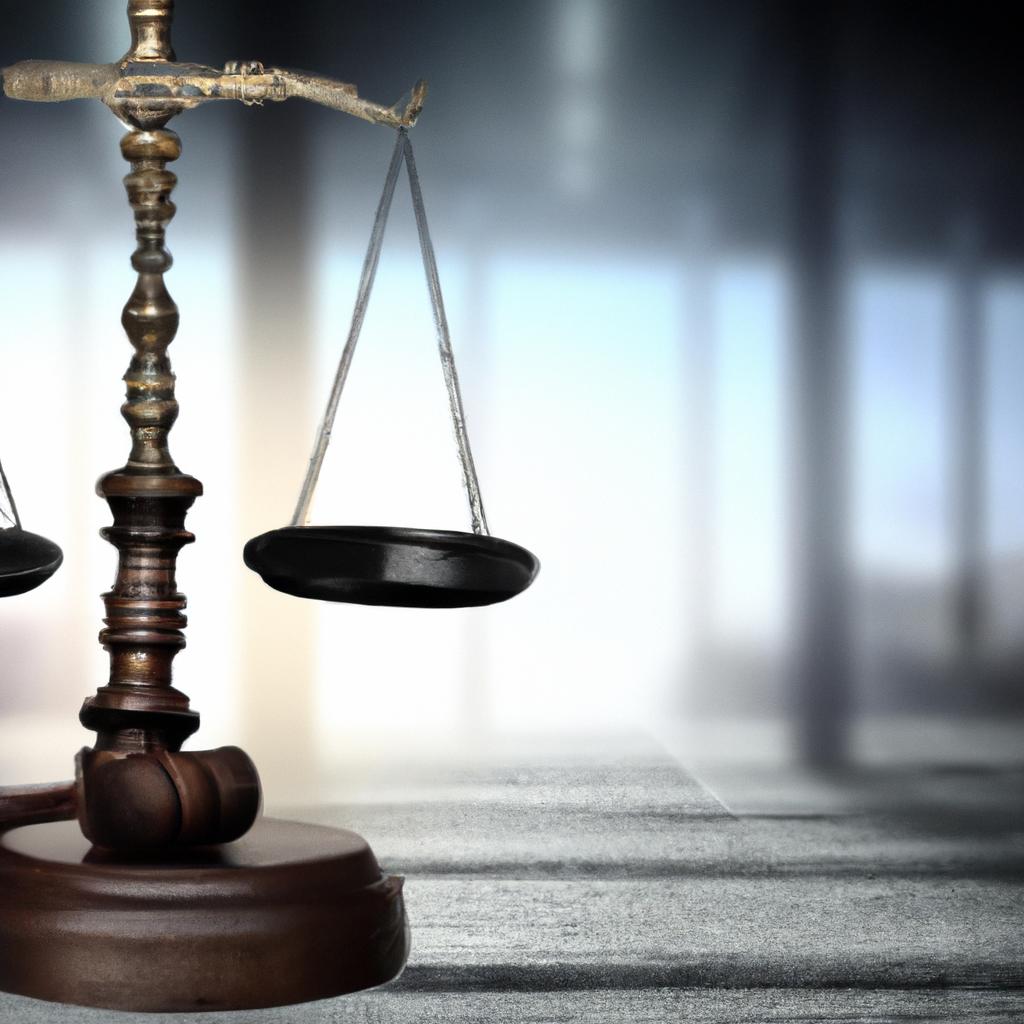As the custodians of legal documents critical to the administration of estates, we at Morgan Legal Group often field inquiries regarding the accessibility of probated wills. The question remains: are probated wills public record? In order to shed light on this intricate matter, we must delve into the intricacies of probate law and the varying regulations that govern the disclosure of these important documents. Let us embark on a journey through the corridors of legal intricacies to uncover the truth behind the confidentiality of probated wills.
Understanding the Probate Process and Public Records
In the realm of estate planning and probate law, many individuals wonder about the confidentiality of their wills after they pass away. The question that often arises is whether probated wills are public record. The answer to this query is yes, probated wills are indeed public records that can be accessed by anyone interested in reviewing them.
When a will goes through the probate process, it becomes a matter of public record, meaning that its contents are available for examination by the general public. This is because probate is a court-supervised procedure that involves proving the validity of a will and distributing the assets of the deceased according to their wishes. As a result, probated wills are considered public documents that provide transparency and accountability in the administration of an individual’s estate. It is important to understand the implications of this aspect of the probate process when considering your estate planning options.
| Name | DOB |
|---|---|
| John Smith | 01/15/1950 |
| Jane Doe | 05/20/1968 |

Implications of Probated Wills Being Made Public
When probated wills become public record, there are several implications that individuals should be aware of. One of the primary concerns is the lack of privacy that comes with having a probated will. Once a will is probated, it becomes a matter of public record and can be accessed by anyone who wishes to view it. This lack of privacy can be particularly concerning for individuals who have sensitive information or family matters outlined in their will.
Additionally, the public nature of probated wills can lead to potential disputes among family members or beneficiaries. When a will is made public, disgruntled relatives may contest the terms of the will, leading to costly legal battles and delays in the distribution of assets. It is important for individuals to carefully consider the and to seek legal guidance to ensure their wishes are carried out smoothly and efficiently.

Protecting Privacy Through Estate Planning Strategies
In estate planning, it is essential to consider the issue of privacy when deciding how to distribute your assets after your passing. Many individuals are concerned about the confidentiality and security of their personal information, especially when it comes to the contents of their will. One common question that arises is whether probated wills are public record, potentially exposing sensitive details to the public eye.
Fortunately, probated wills are indeed public record, meaning that anyone can access them through the court system. This can pose a significant risk to your privacy, as it allows strangers, creditors, and even potential fraudsters to view sensitive information about your estate. To protect your privacy and the confidentiality of your estate planning decisions, it is crucial to explore estate planning strategies that can help shield your personal information from prying eyes. Consider the following tactics to safeguard your privacy through estate planning:
- Establish a living trust to keep your assets out of probate
- Utilize trusts to distribute assets privately and discreetly
- Consult with an experienced estate planning attorney to develop a comprehensive plan that prioritizes your privacy and security.
| Living Trust | Privately distribute assets |
| Trusts | Discreetly manage estate |
| Estate Planning Attorney | Develop comprehensive plan |

Consulting Legal Professionals for Guidance on Probate and Public Record Matters
In the realm of probate law, many individuals wonder whether probated wills are considered public record. The answer to this question is not as straightforward as one might think. While the existence of a will typically becomes a matter of public record once it has been probated, the specific contents of the will are generally not disclosed to the public. However, there are certain circumstances in which the contents of a probated will may become public knowledge, such as if it is being contested in court or if it is subject to a legal challenge.
Consulting with a legal professional who specializes in probate and public record matters can help to shed light on the nuances of this complex area of law. By seeking guidance from experienced attorneys, individuals can better understand their rights and obligations when it comes to probate and public record issues. At Morgan Legal Group, our team of skilled lawyers is well-versed in all aspects of probate law and can provide expert advice and representation to clients in need. Whether you are drafting a will, navigating the probate process, or dealing with public record concerns, we are here to help.
Q&A
Q: Are probated wills public records?
A: Yes, probated wills are public records that are available for anyone to view.
Q: How can someone access probated wills?
A: Probated wills can typically be accessed through the probate court in the county where the deceased person lived.
Q: What information can be found in a probated will?
A: Probated wills typically include information about the deceased person’s assets, beneficiaries, and how they want their estate to be distributed.
Q: Are there any restrictions on who can access probated wills?
A: In most cases, probated wills are considered public records and can be accessed by anyone. However, some states may have laws that restrict access to certain information in the will.
Q: Why are probated wills public records?
A: Probated wills are made public to ensure transparency in the distribution of the deceased person’s estate and to prevent fraud or disputes over the will’s authenticity.
Q: Can someone request a copy of a probated will?
A: Yes, in most cases, anyone can request a copy of a probated will from the probate court where it was filed. Some jurisdictions may have specific procedures for requesting copies of wills.
In Retrospect
In conclusion, probated wills are indeed public records that can be accessed by interested parties. The process of probate ensures that the deceased’s assets are distributed according to their wishes and the law. While the contents of a will may be private during the individual’s lifetime, they become a matter of public record once the will is probated. It is important to understand the implications of this when creating and executing a will. Whether you are a beneficiary or simply curious about the estate of a deceased individual, probated wills can provide valuable insights into their final wishes and financial affairs.
 Are Probated Wills Public Record?
Are Probated Wills Public Record?
When someone passes away, their assets and belongings are typically distributed according to their last will and testament. This legal document outlines their final wishes and appoints an executor to oversee the distribution of their estate. But what happens to a will after it has been probated? Is it a private document or can anyone access it? In this article, we will dive into the topic of probated wills and whether or not they are public record.
First, let’s define what a probated will actually is. Probate is the legal process of validating a will and executing its instructions. This involves proving the will’s authenticity, identifying the deceased person’s assets, paying off any debts or taxes, and distributing the remaining assets to the designated beneficiaries. The will becomes a probated will once it has been accepted by the court and declared valid. This process can vary depending on the state in which the will was created and the complexity of the estate, but it typically takes around 6-18 months to complete.
Now, let’s address the main question – are probated wills public record? The short answer is yes, probated wills are public record. This means that anyone who is interested can access and view a copy of the will, as well as any other related documents, at the county courthouse or probate court. However, there are a few exceptions to this rule which we will discuss in more detail.
Exceptions to Public Access of Probated Wills
1. Living Trusts: If the deceased person had a living trust, their assets may be distributed through this trust rather than through their will. In this case, the will may not have to go through the probate process and therefore will not be made public. However, it is important to note that living trusts are only beneficial for certain types of assets and may not be a suitable option for everyone.
2. Jointly Owned Assets: If the deceased person owned property or assets with another person, such as a spouse or business partner, it may automatically pass to the surviving owner without going through probate. This is called joint tenancy and it bypasses the probate process for those specific assets.
3. Seal Orders: In some cases, a judge may order the sealing of probate records to protect sensitive information, such as the names of minor children or private financial information. These orders are typically rare and must have a valid reason behind them.
Can Anyone Access a Probated Will?
As mentioned earlier, anyone can access a probated will by visiting the county courthouse or probate court. However, there are some restrictions on who can actually obtain a copy of the will. Usually, only those who have a financial interest in the estate, such as beneficiaries, creditors, and the executor, can request a copy of the will. This is to protect the privacy of the deceased person and their family.
It is also important to note that even though a probated will is public record, it does not mean that everyone will have easy access to it. Many counties now offer online databases where individuals can search for probate records. However, some smaller counties may still require individuals to physically visit the courthouse or probate court to request and view the will.
Benefits and Practical Tips for Dealing with Probated Wills
Now that we know that probated wills are public records, what are the benefits? One of the main benefits is transparency. By making the will and other related documents public, it ensures that the deceased person’s final wishes are carried out as intended. It also holds the executor accountable as they are responsible for following the instructions outlined in the will.
If you are dealing with a probated will, here are some practical tips to keep in mind:
1. Know the laws of your state: As mentioned earlier, probate laws can vary from state to state. Make sure to educate yourself on the specific laws and regulations in your state to avoid any confusion or issues.
2. Hire an experienced attorney: The probate process can be complex and overwhelming, especially if you are the executor of the will. It is always recommended to hire a knowledgeable attorney who can guide you through the process and ensure everything is done correctly.
3. Communication is key: If you are a beneficiary of the will, open and honest communication with the executor can help alleviate any misunderstandings or conflicts that may arise.
4. Understand your rights: As a beneficiary, you have certain rights, such as the right to know what assets are in the estate and how they will be distributed. Make sure to stay informed and speak up if you have any concerns.
Case Study: Alex’s Experience with Probated Wills
To get a better understanding of how the probate process works in real life, we spoke with Alex, who recently lost her father and had to go through the probate process. “At first, I was nervous about the thought of my dad’s will being public record. But after speaking with our attorney, I realized that it was actually a good thing. It gave us peace of mind knowing that everything was being handled according to my dad’s wishes and it also ensured that my siblings and I received our fair share of the estate,” she shared.
In conclusion, probated wills are public record, meaning anyone can access a copy of the will and other related documents. While this may seem daunting, it is actually a necessary step in the probate process to ensure transparency and accountability. By understanding the laws and hiring a knowledgeable attorney, the probate process can be navigated smoothly and efficiently.

